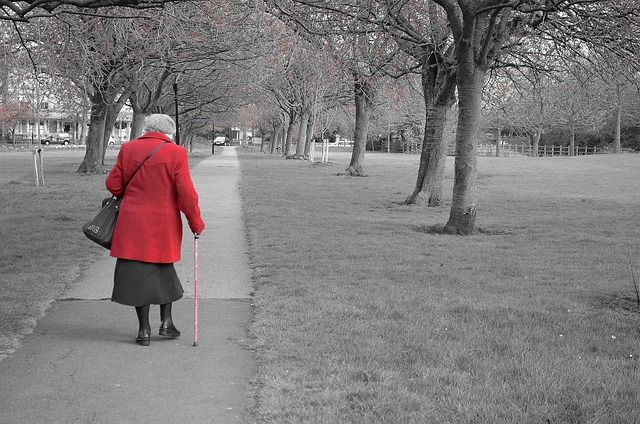The Sedentary Rejoice: Walking Confers Same Health Benefits As Running, Along Several Metrics

Still puzzling Aesop's fable of the tortoise and the hare, researchers compared the relative health benefits of running versus walking.
In a recent health survey of some 50,000 runners and walkers of all ages, investigators found no difference between the two modes of exercise in such metrics as hypertension, diabetes and high cholesterol.
"Walking and running provide an ideal test of the health benefits of moderate-intensity walking and vigorous-intensity running because they involve the same muscle groups and the same activities performed at different intensities," Paul T. Williams, the study's principal author said in a press statement from the American Heart Association.
"The more the runners ran and the walkers walked, the better off they were in health benefits. If the amount of energy expended was the same between the two groups, then the health benefits were comparable," Williams said.
Though common sense tells us that more exercise might confer greater health benefits, the news provides a good impetus for those disinclined toward high-intensity exercise. Striding, ambling, moseying, whatever the gait, conferred as much benefit as the highest-intensity running in the study.
As such high-intensity exercise might present a motivational barrier for many, walking seems natural and easy with a lower motivational barrier, experts say. In the study, runners were diagnosed with diabetes at a rate 12.1 percent less than average, compared to 12.3 percent of walkers. And the risk of coronary heart disease dropped by 12.3 percent among walkers, even better than the 4.5 percent experienced by runners.
The researchers did not discuss in their findings, however, other possibilities for the close scores of both modes of exercise, necessitating further study. However, those who believe they're too out-of-shape - or feel too lazy - to start running, may take heart at the news.
Published by Medicaldaily.com



























